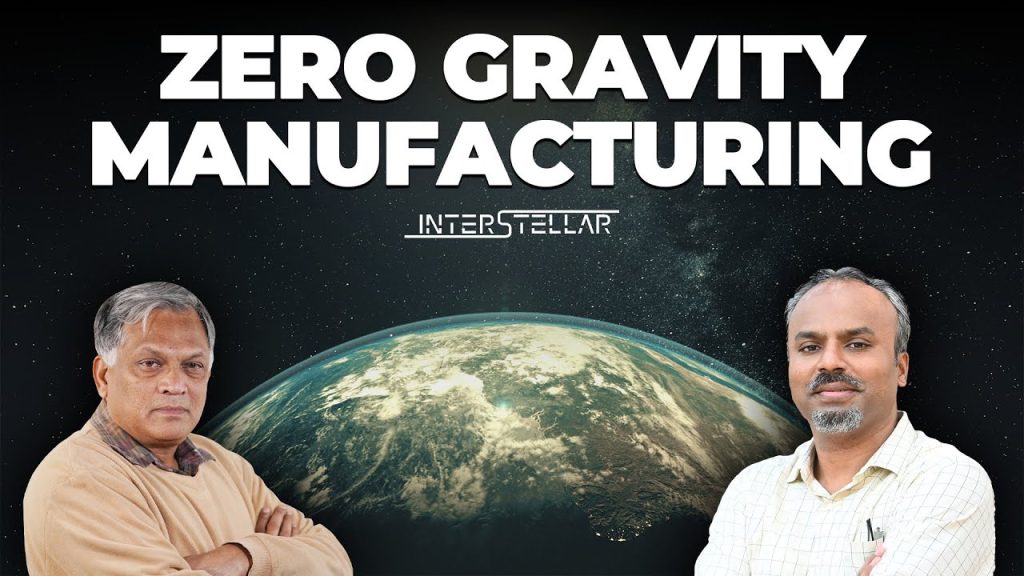Imagine cities in Space, factories manufacturing in zero gravity, 3-D printing and a whole range of other processes all happening far above the earth. Japan and the US are two countries that are working on how such activities, complicated enough on earth, can be moved into Space with resultant gains in quality and efficiency.
India, too, has embarked on such cutting-edge research at IIT Madras, where a small group of scientists and researchers have got together to incubate, over time, a startup that will work on these frontier areas of Science and Space.
Prof Sathyan Subbiah, a mechanical engineer by training, is leading a team at IIT Madras researching “what processes could work in a Space environment. One of the main issues is microgravity or the lack of gravity,” he told Stratnewsglobal on the sidelines of a conference on Space in Delhi.
“When you have lack of gravity, what processes can be used to make things better? Is it 3-D printing or is it the welding process when we deposit material under microgravity conditions?” Prof Subbiah’s laboratory at IIT Madras has an elaborate “set-up” with cameras and sensors to simulate microgravity conditions.
One experiment is to determine how bubbles in metal foam can be better distributed to ensure better quality. In his view, India is about five years behind similar research in the US and Japan. “I would say in five years they will start manufacturing in Space and developing what is called the ‘Low Earth-Orbit’ economy. You have factories that are floating around, we send raw materials to the factory, they make it there and send it back to earth,” Prof Subbiah said.
The government believes that this is futuristic and has a lot of potential and “we should get a jump on that”, Prof. Subbiah said. Right now, funding for this research is coming through various institutions. Direct government funding is expected to come soon with several agencies discussing proposals submitted by IIT Madras. Tune in for more in this conversation with Prof. Sathyan Subbiah of IIT Madras.





